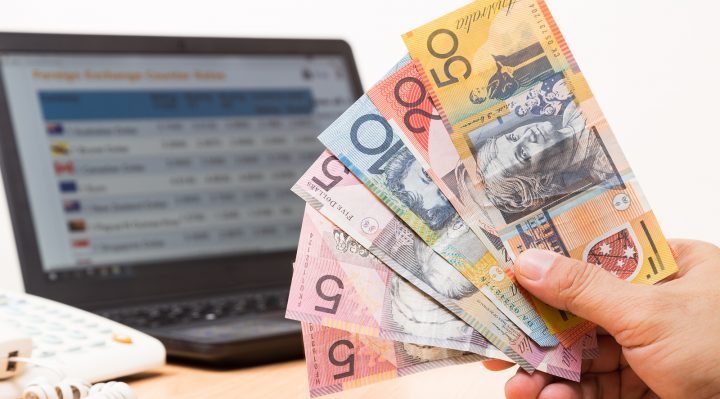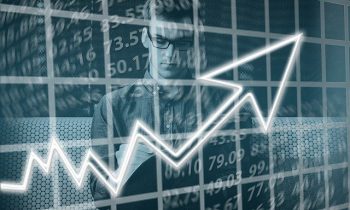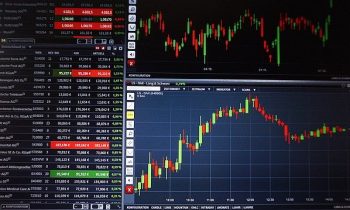The Australian Competition and Consumer Commission (ACCC) has launched an inquiry into price competition among suppliers of foreign currency conversion services. The move follows a growing trend pushing to investigate claims of price-rigging of global benchmarks by traders and banks.

The investigation marks the first time that Australian banks got involved in price-fixing probes in currencies. Similar investigations are already underway in the U.S. and Europe.
The ACCC said its inquiry will examine how exchange rates are presented to customers and the mark-up from wholesale currency rates buyers are charged when they change currencies.
ACCC Chair Rod Sims said the watchdog will be looking into why the Big Four banks and other major companies in Australia are charging consistently higher rates.
Sims added that the exchange rate consumers find on Google is not the same exchange rate you get from the Big Four banks.
Allegations of potential misconduct in relation to the forex Australia markets and international markets have been acknowledged by the Australian Securities and Investment Commission (ASIC).
The ASIC says it will conduct its own inquiry in Australia.
The U.S. Department of Justice and Britain’s Financial Conduct Authority (FCA) have been investigating allegations that traders at big banks manipulated the largely unregulated foreign exchange market.
Britain’s FCA says it’s unlikely that it will reach a conclusion this year in its probe into the manipulation of foreign exchange markets.
In 2017, a study conducted by Capital Economics found that Australian businesses and consumers paid about A$3.9 billion in foreign currency fees the previous year. Exchange rate mark-ups and card spending charges accounted for more than A$3.1 billion of this amount.
An inquiry made by the Royal Commission into the country’s big banks and wealth managers has given Australia’s financial institutions a bad reputation and revealed misconduct as well as deception.
Currency conversion rates in Australia are especially high. The World Bank says the country is the third most expensive G20 country for small businesses and consumers to send money from. In 2016, Australians sent about A$8.8 billion overseas.
News of the investigation comes as the U.S. currencies market is on trial after years of investigations which have come down to three former London traders. The traders face a trial in New York and a potential 10-year sentence.
The three-week trial comes five years after the forex scandal broke.
Prosecutors allege that the group engaged in a conspiracy to “suppress and eliminate competition” in trade in the dollar. The former traders have denied the price-fixing charge.
The case is an important one, as the U.S. Department of Justice was to show that it can apply antitrust laws to traders in financial markets for alleged wrongdoing, even if the activity is outside of the United States.
In June, U.S. officials fined Deutsche Bank $205 million in a settlement to resolve a probe over allegations of foreign exchange manipulation violations. Among the bank’s violations was improperly coordinating trading activity with other financial institutions to boost profits. Traders at the bank were accused of participating in online chat rooms where confidential information was shared and currency prices were then manipulated.
Ben Myers
Latest posts by Ben Myers (see all)
- 3 Reasons Bitcoin is Still a Safe Haven Asset - June 12, 2020
- GCF Corporation and Genesis Green Initiatives Leading the Way - May 20, 2020
- Why Bitcoin Still Rules the Roost - May 13, 2020






